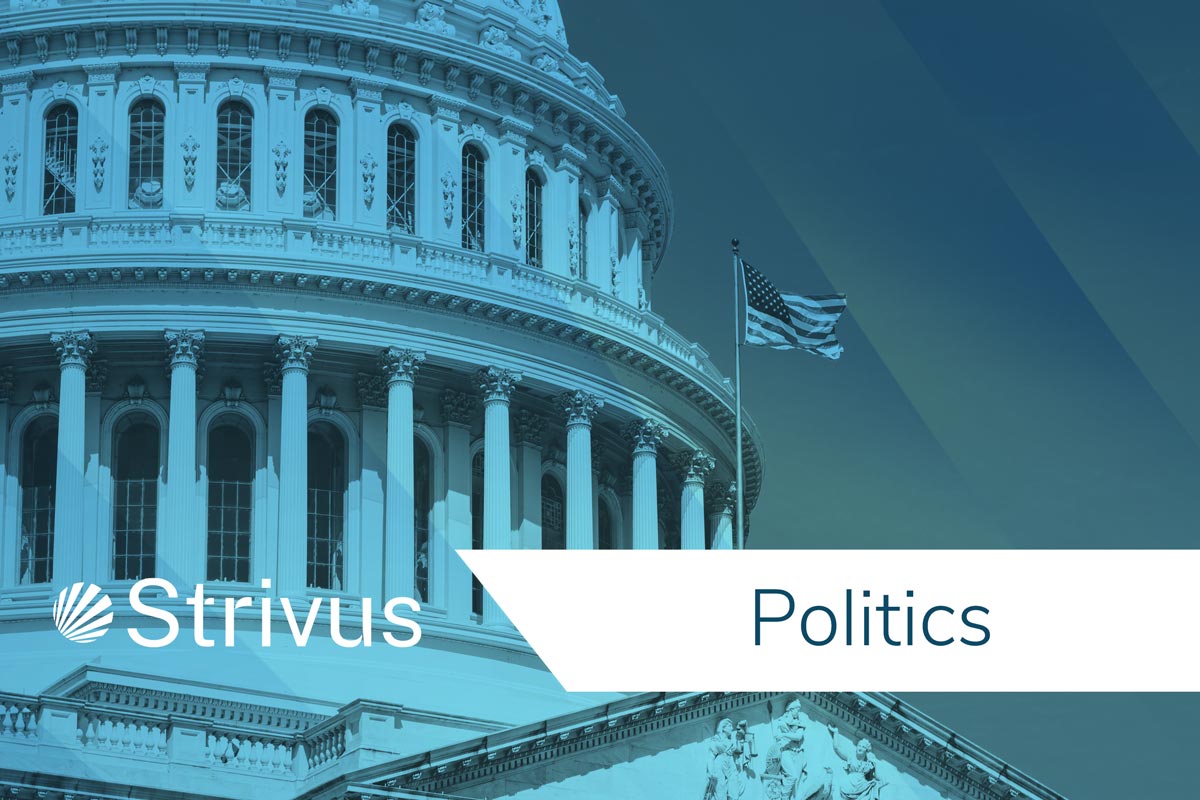Education

Social Security Is In Trouble – Can We Save It? (Part 6)

For weeks now, we have been discussing various claiming strategies for individuals to maximize their own Social Security benefits over their own lifetimes. Today we are discussing the systemic problems faced by the Social Security System itself. Sustainability is a popular word in today’s lexicon. In this case, it applies directly to Social Security funding, which is not sustainable without undergoing changes.
The primary funding problem with Social Security began when Congress decided to spend the money that was supposed to be held in a Social Security Trust Fund for a later time. Eventually, demographics began to strain the system’s finances, because fewer workers were supporting each retiree. This situation will be true for decades, as the Baby Boomer Generation is huge relative to subsequent generations.
As Congress spent the Trust Fund, they replaced the actual money with “IOUs”, which were pieces of paper stored in a file cabinet in West Virginia. For a few years now, Congress has been “repaying” the Fund by gradually removing those IOUs, without replacing the actual cash. Under current law, when the (paper) “Trust Fund” in the file cabinet is gone, every recipient, whether current or future, will receive only a reduced share of the of their earned monthly benefit payment. That implies a cut in benefits of more than 20% for all existing and upcoming recipients in a very few years.
Only an Act of Congress can save this from happening. For decades, Social Security has been called the “third rail of politics,” meaning that a politician who even discusses changing the System would be ‘unelected” at the polls. But now it HAS to happen. What form should it take? Tax increases, benefit cuts, or some combination; the final form is anyone’s guess.
We should all be ready to pay more into Social Security, and to get less out. Younger people will have to work longer to attain Full Retirement Age (FRA). Early filing age has been stuck at age 62 for the life of the System, even as FRA was raised. Early Filing Age will have to be raised. Gradually, the annual earnings limits to which Social Security withholding applies ($132,900 in 2019) will be raised, and eventually eliminated. This will postpone the needed reductions, but not by much.
How should an individual react to all this gloom and doom? It is difficult to say, and everyone’s case is different. Family circumstances, lifetime earnings, current jobs, income needs, net worth, etc. all play into decision-making. It is an excellent topic for a financial planning session with your fee-only CFPâ. By knowing your options, you can research and plan the method that best serves your particular needs.
Unfortunately, most countries have problems similar to ours. However, certain countries have taken steps to solve their problems, and some have had great success. Chile, for example, privatized their accounts in 1981, and now Chilean workers realize an annual investment return of about 9%, compared to our estimated 1.9% returns.
Perhaps more surprisingly, the system in England was privatized in 1979. The Netherlands also has an excellent private system. Australians have the Superannuation System that allows very large individual contributions. The Canadian System is a public system wherein the government actually invest the money!
Some degree of investment privatization for money paid into the system would seem to be a good start in the quest to sustain the viability of this core American social system. Does Congress have the wherewithal to accomplish this before it is too late? I only wish I were more optimistic.
Van Wie Financial is fee-only. For a reason.
